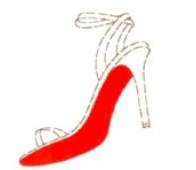U.S. Federal Court rules embedding a Tweet could be copyright infringement
A federal district court in New York recently held that embedded tweets could violate the exclusive right to display a copyrighted image. In 2016, Plaintiff Justin Goldman snapped a photo of New England Patriots quarterback, Tom Brady, with Boston Celtics General Manager, Danny Ainge. Goldman then uploaded the photo to his Snapchat Story. The image went viral, making its way onto Twitter, where it was uploaded and re-tweeted by several users. From there, media outlets and blogs published articles which featured the photo by embedding the tweets on their webpages. Goldman sued the media outlets for copyright infringement.

